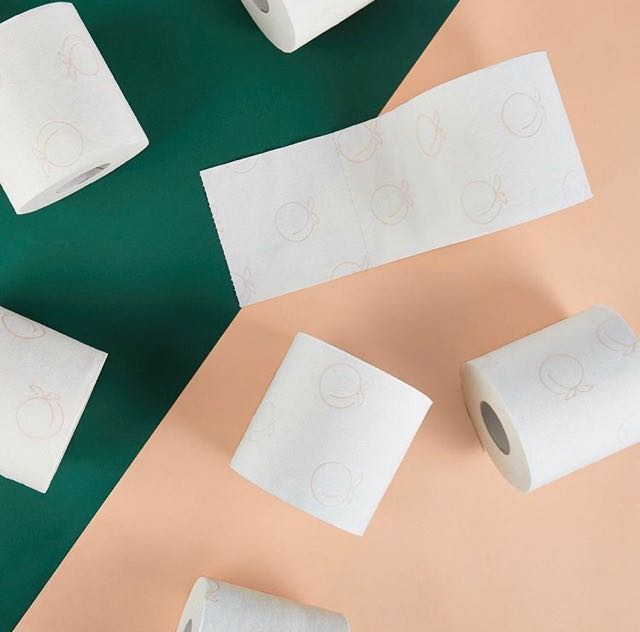Lets Talk About Period Poops
Posted by Kelsey Shaw

Periods poops. No, you aren’t the only one who suffers from these! Many of us do. The problem is we just don’t talk about it. Well let’s start talking about our poop and periods more! Periods shouldn’t be something to be ashamed of, they’re a healthy and natural function of our bodies. However, the period poops don’t have to be.
A 2014 study of 156 women found that 73% experienced at least one of the primary GI symptoms either pre- or during menses, abdominal pain and diarrhea being the most common. 58% experienced abdominal pain before their menses, while 55% experienced it during. Similarly, 24% experienced diarrhea before menstruation, while 28% experienced it during. (1)
Prostaglandins
But why oh why, does it seem when you are on your cycle that your guts go a little haywire? You can blame prostaglandins!
Who are they? They are chemicals responsible for signalling the smooth muscle of your uterus to contract and shed your lining. The only problem is, sometimes there is an excess that ends up in the blood stream. These prostaglandins then influence other smooth muscles in the body- aka the intestines- to do the mambo number 5.
This is where flushable wipes come in handy ladies, they are your best friend on your period. Especially if there is GI distress! Just look for the ones without all the harsh perfumes and chemicals.
Also try to cut down on coffee intake before your cycle if you are prone to period poops. Caffeine acts as a natural laxative and can contribute to more diarrhea.
Progesterone
While some people experience diarrhea, others experience the opposite. Their bowels decide to hibernate before their period. This can create an angry bear in all of us. No one likes to be constipated! So, what’s up with this?
Well, we know it’s in part due to hormones. Progesterone is thought to be a culprit. Progesterone starts to increase with ovulation. With this increase comes an effect on the bowel, and it can slow movement of food through the intestines. It can also ramp up increased feelings of hunger, which may cause you to reach for more carb-heavy, sugar packed treats, which in turn exasperate an already backed up system.
Try incorporating more plant heavy fibre-rich fruits and vegetables. Physical activity is always great for helping the intestines “move” as well. Acupuncture is also fantastic!
Acupuncture
Acupuncture targets the entire system and stimulates the parasympathetic nervous system, also known as the “rest and digest” system. When the body is in a relaxed state, digestion improves! It can also help increase peristalsis, especially helpful for when the lower GI tract is backed up.
Acupuncture is great because it addresses the underlying imbalance in the body! Whether it’s diarrhea or constipation during the cycle, acupuncture covers the bases.
Period Health
There isn’t a ton of research out there that tracks women’s GI complaints during their cycles. There could be several reasons for this, but I’ll save that topic for another blog. In the meantime, what can we do to help normalize periods and discuss the not-so-nice GI issues that come along with it?
Let’s talk about it!
The next time you have a girls’ night, why not bring up your periods! You may learn you aren’t the only one in your group suffering from GI distress during your cycle. Then the conversation can open up to exploring all of the things we can do to help treat it, such as changes in diet, exercise and acupuncture!
If you need support with your period poops, contact us for a free 15-minute phone consultation.
Blog Update:
For additional tips on how to avoid issues during menstruation, and if you’re interested in diving more deeply into period pain and how progesterone levels during your menstrual cycle affect bowel contractions, the USA Fibroid Centers recently published this helpful article “Periods and Digestion”
References
- Bernstein, M.T., Graff, L.A., Avery, L. et al. Gastrointestinal symptoms before and during menses in healthy women. BMC Women’s Health 14, 14 (2014). https://doi.org/10.1186/1472-6874-14-14
